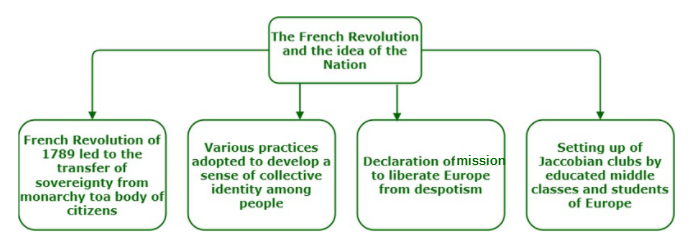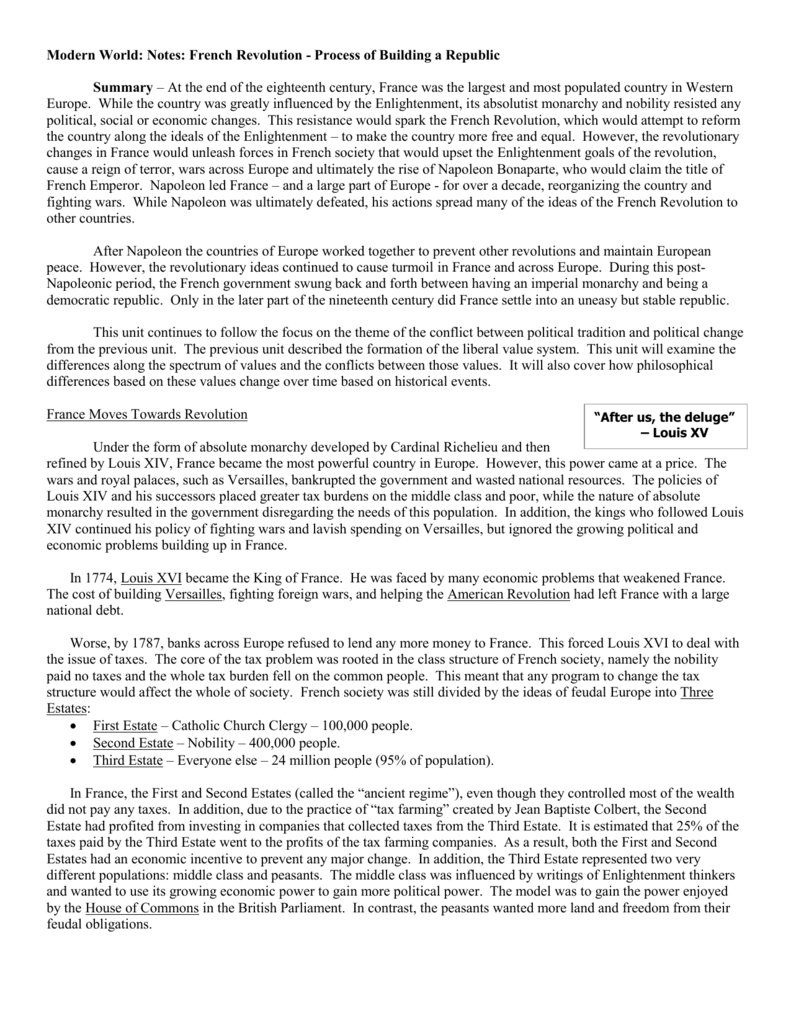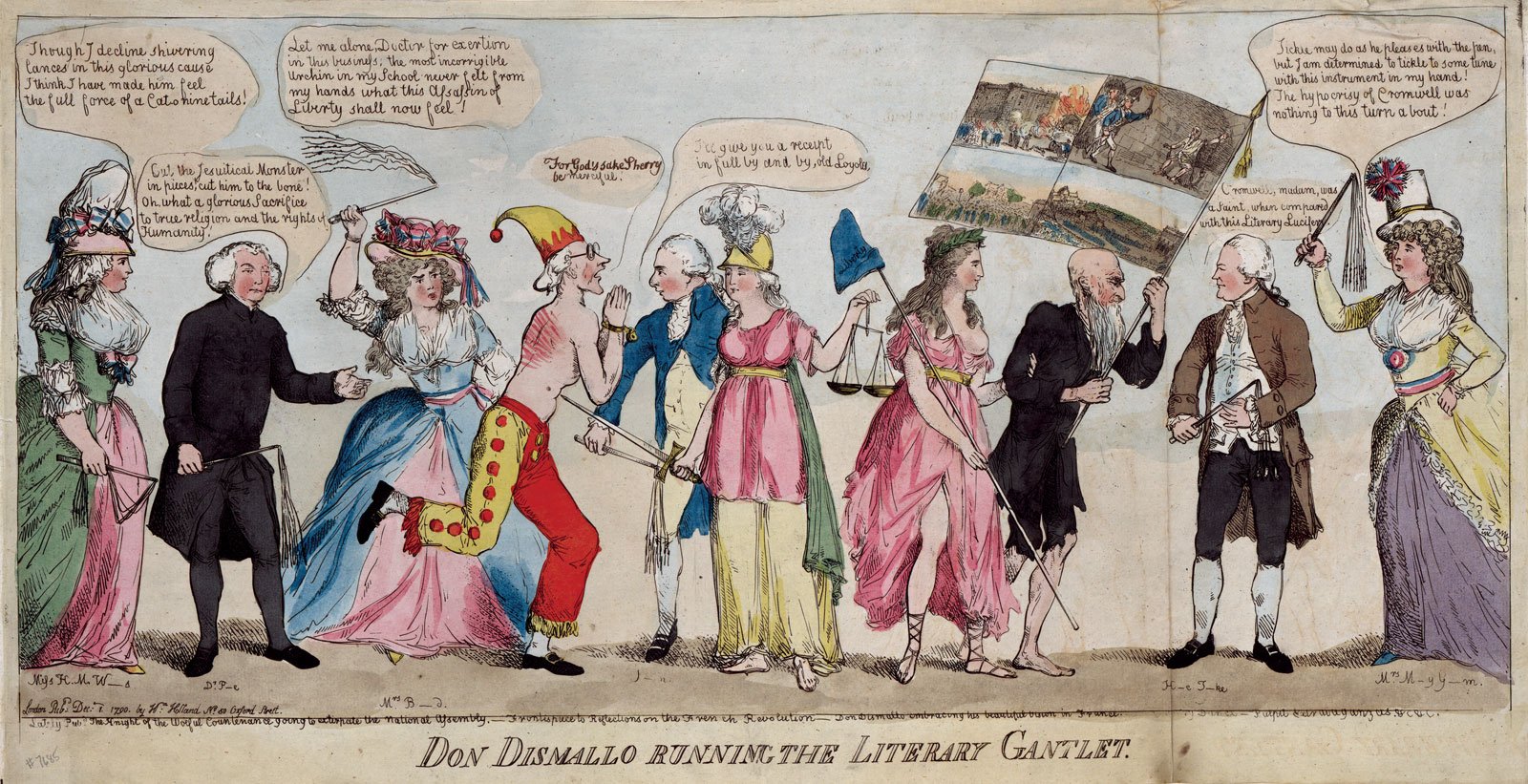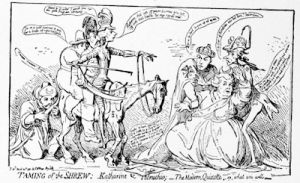The French Revolution was a pivotal event in modern European history that had far-reaching consequences across the continent and beyond. At its heart was the idea of the nation, which played a central role in shaping the political, social, and cultural developments of the time.
The French Revolution began in 1789 with the Estates General, a gathering of representatives from the three traditional estates of the realm: the clergy, the nobility, and the commoners. The representatives of the commoners, known as the Third Estate, demanded greater representation and political power, leading to the creation of the National Assembly and the Declaration of the Rights of Man and of the Citizen. These events marked the beginning of a new era in French politics, one characterized by the assertion of national sovereignty and the principle of popular sovereignty.
One of the key ideas that emerged from the French Revolution was the concept of the nation as a political and cultural entity. Prior to the Revolution, France was a patchwork of feudal territories, each with its own laws, customs, and traditions. The Revolution challenged this order, advocating for the creation of a unified, centralized state governed by the principle of popular sovereignty. The new French nation was to be based on the idea of citizenship, with all citizens having equal rights and obligations.
This idea of the nation was closely tied to the ideals of the Enlightenment, which had a profound influence on the intellectuals and political leaders of the time. The Enlightenment emphasized reason, individual rights, and the inherent goodness of human nature, and these ideas were central to the ideals of the French Revolution. The revolutionaries sought to create a new, more rational and enlightened society, one that was based on the principles of liberty, equality, and fraternity.
The idea of the nation also had a significant impact on the cultural and social developments of the time. The Revolution led to the widespread adoption of the French language and the suppression of regional dialects and traditions. This process of cultural assimilation was seen as necessary to create a cohesive, unified nation, but it also had the unintended consequence of alienating many people from their local cultures and communities.
The French Revolution and the idea of the nation had a profound impact on the rest of Europe and beyond. The ideals of the Revolution, particularly the principles of liberty, equality, and fraternity, inspired similar movements in other countries, leading to a wave of revolutions and political change across the continent. The idea of the nation also played a central role in the shaping of modern nation-states and the development of nationalism as a political ideology.
In conclusion, the French Revolution and the idea of the nation were inseparable. The Revolution was driven by the desire to create a new, more enlightened and unified nation, based on the principles of popular sovereignty and citizenship. This idea had a profound impact on the political, social, and cultural developments of the time, and it continues to shape our world today.







